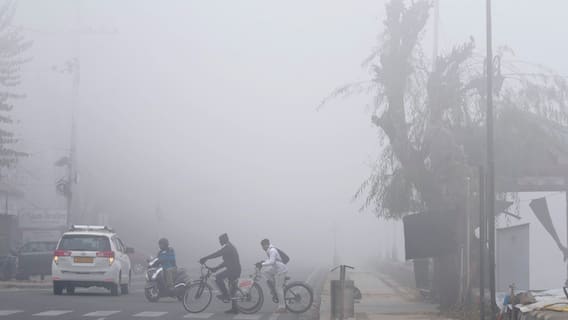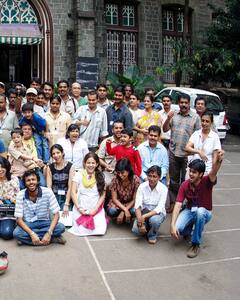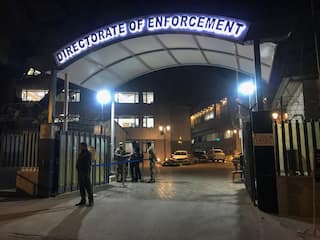All About Muzzafarpur Shelter Home Case That Inspired Bhumi Pednekar's Film Bhakshak
Bhumi Pednekar’s film ‘Bakshak’ released on Friday on Netflix amid mostly positive reviews. The film, directed by Pulkit, is inspired by the 2018 Muzaffarpur Shelter Home Case.

New Delhi: Bhumi Pednekar’s film ‘Bakshak’ released on Friday on Netflix amid mostly positive reviews. The film, also starring Sanjay Mishra and Aditya Srivastava, revolves around a journalist (played by Bhumi) who is trying to unravel the heinous crimes committed against minor girls in a shelter home. The film, directed by Pulkit, is inspired by the 2018 Muzaffarpur Shelter Home Case where minor girls were sexually abused in a state-approved shelter home for girls. This case sheds light on the vulnerabilities faced by marginalized children and the need for systemic reforms to protect their rights.
Here’s everything about the case that exposed the abuse and neglect within the confines of a state-run facility:
In 2018, a report by the Tata Institute of Social Sciences (TISS) revealed widespread sexual abuse of minor girls at a shelter home in Muzaffarpur, Bihar, run by an NGO called 'Sewa Sankalp Evam Vikas Samiti.’ The report, based on interviews with inmates and staff, alleged physical and sexual abuse at the hands of the NGO's founder, Brajesh Thakur, and others.
Investigation of the case:
Following the report, a First Information Report (FIR) was lodged against 12 individuals, including Thakur. The Supreme Court took suo moto cognizance of the case and transferred it to the Central Bureau of Investigation (CBI) for further investigation. Medical examinations confirmed sexual abuse on 34 out of 42 girls residing in the shelter, highlighting the magnitude of the offence.
Thakur, former MLA, was accused of being the main perpetrator. Reports suggested girls were allegedly drugged, raped, and tortured within the shelter walls. There were also murder allegations that were later denied by the CBI.
In 2019, the CBI told the Supreme Court that it recovered two skeletons from the shelter home but after forensic analysis, it was revealed that the skeletons were not of minors but a man and a woman. It was then confirmed by CBI that the girls, whom everyone thought to be murdered, were alive.
In 2020, a Delhi court sentenced Thakur and 18 others to life imprisonment under the Protection of Children from Sexual Offences (POCSO) Act.
The case exposed systemic failures in government oversight and raised questions about the safety and protection of vulnerable children placed in institutional care.
Trending News
Top Headlines






































